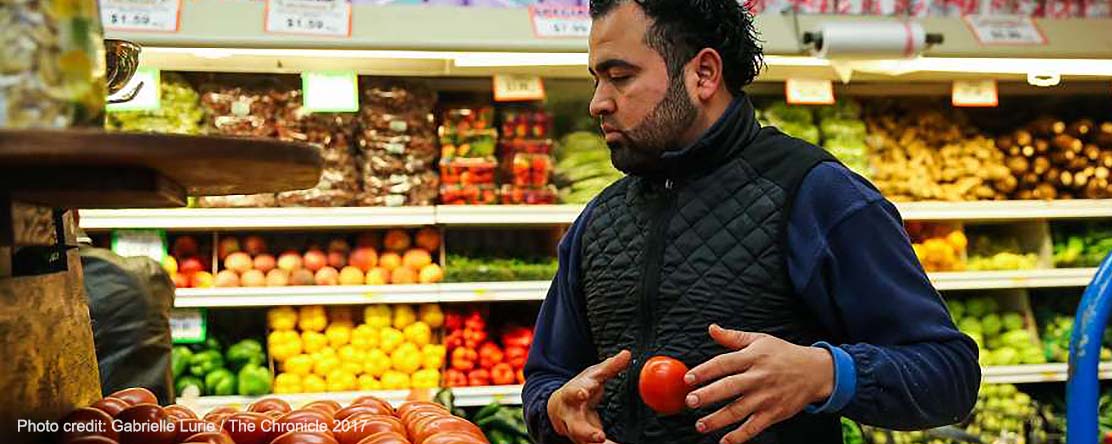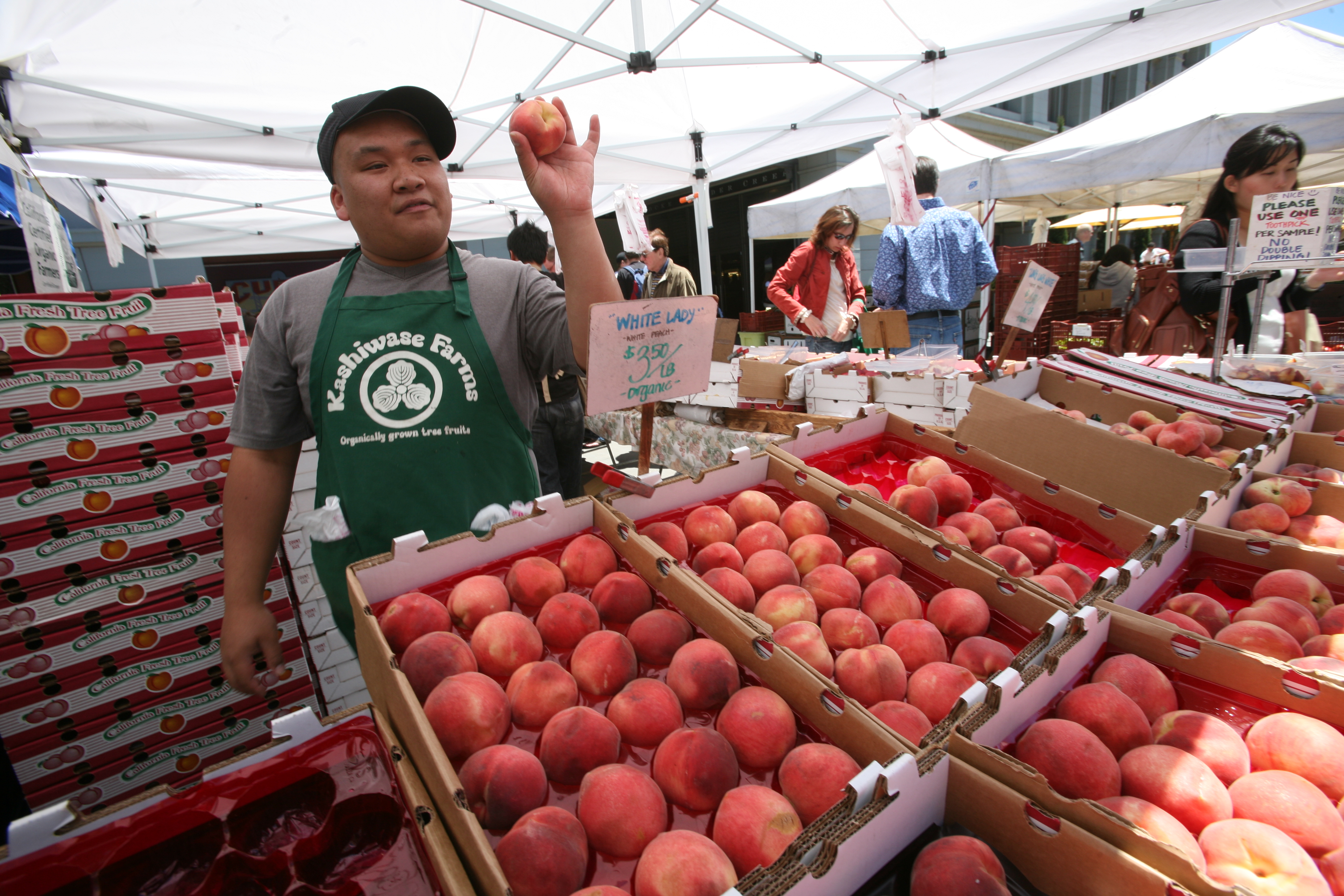
In the News
California Could Make Food More Affordable and Help Farmers; Here’s How
-
Focus Areas
Chronic Disease Prevention, Healthy Communities -
Issues
Nutrition & Food Security -
Expertise
Quality Improvement -
Programs
Roots of Change


This is in stark contrast to what’s happening in Washington.
The Farm Bill favored by the House Republican leadership is focused on making it more difficult for low-income Americans to make ends meet. Though the Farm Bill was sidelined Friday because of divisions within the House Republican caucus over immigration issues not covered by the bill, it could return for another vote and envisions a much weaker social safety net. That’s especially true with the federal Supplemental Nutrition Assistance Program (SNAP), formerly known as food stamps.
The Farm Bill passed by the House Agriculture Committee in April would lead states to cut at least 1.6 million Americans from SNAP, according to the Center on Budget and Policy Priorities. With 47 percent of low-income Bay Area residents unable to consistently afford enough food — a number that has not improved since hitting a historic peak after the great recession — this would hurt, not help, families. In essence, the House Republican Farm Bill punishes people who can’t find enough work by taking away their food assistance.
In Sacramento, Ting is seeking a renewal and expansion of the California Nutrition Incentive Program, which would provide $10 million for programs at farmers’ markets, farm stands, and corner stores that allow low-income residents to earn matching dollars when they buy California-grown fruits and vegetables. These programs — including Market Match, Double Up Food Bucks and others across the state — have a proven track record of improving nutrition, fighting hunger and supporting California farmers.
Both our organizations have experience running healthy food incentive programs, and we have seen their potential firsthand.
We also know that the potential benefits of these efforts would be even greater if they could reach more communities around the state. Wiener’s proposal would provide funding for the state Department of Social Services to try to deliver incentives more seamlessly through the state’s electronic benefit transfer system, which provides a debit-like card that is already accepted by most food retailers across the state. With this funding, California would be building on the experience of Massachusetts, which has already adopted this technology. It would make healthy food incentives easier for retailers, simpler for customers and more efficient for program managers.
Together, these two legislative proposals would put California at the forefront of efforts to improve the health and well-being of people who are struggling to make ends meet. They would be a strong counterpoint to the miserly, misguided policy under consideration in Washington.
If you’d like to see California lead by example, make healthy food more affordable and support California’s farmers, contact your elected representatives and Gov. Jerry Brown and tell them you want to see healthy food incentives expanded, streamlined and funded in this year’s budget.
Originally published by The San Francisco Chronicle
More Updates
Work With Us
You change the world. We do the rest. Explore fiscal sponsorship at PHI.
Support Us
Together, we can accelerate our response to public health’s most critical issues.
Find Employment
Begin your career at the Public Health Institute.



